NEW! OUTDOOR SCHOOL ONLINE
Echo Hill Outdoor School announces our new slate of twelve virtual classes: Outdoor School Online! These new digital offerings bring our engaging, interactive environmental programs to your students in grades K-12.
Whether it’s an hour-long lesson or a custom extended virtual experience, we’ve got a program to fit your curriculum—from science and ecology to team building, history and culture. We can also tailor a program to your classroom, microschool, learning pod or homeschool. Outdoor School Online classes can use Zoom or Google Meet. Cost is variable, depending on student group size and program length.
For more information, or to arrange a custom program please contact: info@ehos.org or call 410-348-5880.
““This may have been the best experiment we have ever done! The kids were so grateful to you and your staff for creating this experience for us. It was clear how much love, care, thought, and time went into this. We are so appreciative, and it was a wonderful learning time for the students.””
VIRTUAL ONE-HOUR LESSONS
In 12 different classes and three subject areas, you can enrich your student’s distance learning through visual aids, live specimens and engaging activities. Instructional, interactive classes are taught by an EHOS teacher/naturalist. All lessons easily align with Next Generation Science Standards and Common Core Standards.
SCIENCE and ECOLOGY
Chesapeake Bay Studies – Students will explore the physical characteristics of the Bay, investigate the complexity of its brackish water content, and collect and examine specimens that are part of it’s intricate food chain. Discussion about the human impact on the Bay’s ecology and it’s future is always an important part of a Bay Studies class.
Swamp Ecology – a dramatic opportunity to study human impact on nature by observing the different plants and animals living in a fresh- water shrub swamp. By observation and inquisition, students gain an appreciation for wetland environments. Concepts discussed during class include erosion, succession, nutrient cycle, food webs, and filtration. Visit many parts of the 172- acre EHOS Nature Preserve.
Aquatic Studies -This class explores ponds and streams to learn about watersheds, food webs, adaptation, eutrophication and succession. Using nets and other equipment, students will view a wide variety of organisms by hand and through microscopes.
Sensory Exploration of the Environment – Explore the intricacies of nature on the basic level using all the senses to observe details. Students investigate a variety of the EHOS campus ecosystems including forest, meadow, beach and swamp.
Seeds and Weeds -Through a virtual visit to the EHOS garden and campus, students gain an understanding of where plants come from, what they need to grow and reproduce, how the nutrient and water cycles operate, and how much energy is required to supply our food.
Garbology – Garbage and artifacts are collected, examined, and classified according to age, origin and material. Students use clues and imagination to trace an object’s history from natural resource through production, distribution, use and disposal. Connections to home/school life are integral to this class’ activities.
Survival – Students discover how factors affecting their survival compare and contrast with that of other living things. Predator/prey relationships, adaptation, evolution, extinction, and other facets of animal and plant behavior may be explored. Fire building, shelter construction, and games help students differentiate between human needs and wants. Students learn how different our lives are from those of past generations and how dependent we have become on modern technology.
HISTORY AND CULTURE
Orienteering – Compasses, maps, star charts, features of the natural world, and measurements are used to understand different methods of navigation. Students partake in campus hikes, map making, compass courses, and exploration to practice their directional skills and wayfinding.
Opinions– Dr. Seuss’ story, The Lorax, is presented in theatrical form by EHOS teachers and is followed by a simulated town meeting or press conference. Students take on adult roles and hold a debate concerning the controversy that can arise between people who provide goods and services and people who care about the environment. Themes and topics emphasized are: fables, morals, needs vs. wants, compromise and community.
Mystery Tour– Imprinted on the human environment are the history, ideals, and values of the people who created it. These provide valuable insights into the nature of humans and their relation to the world. Students explore the human environment from a historical viewpoint, focus on the mystery of their own history, learn through interviews with other people and consider decisions about the future. EHOS activities help to make history and the human environment “real.”
Early American Studies– The EHOS campus contains Early American artifacts and offers an excellent opportunity for first-hand discovery and study. Our reconstructed Native American site features dwellings and crafts that offer an understanding of early life around the Chesapeake Bay region. Students also discuss encounters between Native Americans and Europeans, especially John Smith, through his accounts of travel in this part of the Chesapeake Bay.
Social and Emotional Development/ team-building sessions
Build positive self-esteem and group dynamics for self and others during problem solving games and initiatives. Improve listening and discussion skills through interactive games and engagement facilitated by EHOS.

